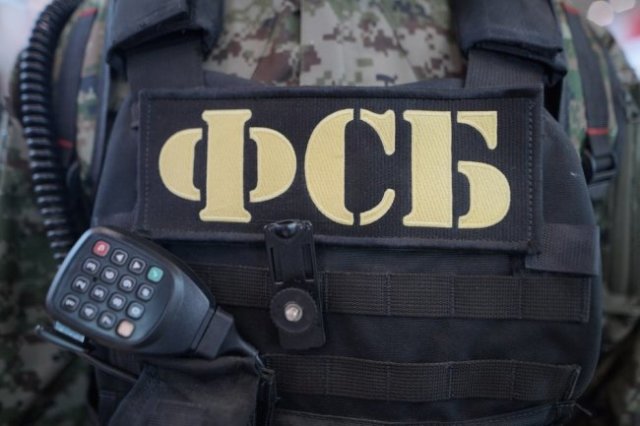The FSB proposes to add a number of defense and military information that is not related to state secrets, but which may harm the interests of Russia, to the list of information prohibited for transmission to foreign states. The corresponding draft order of the FSB Director has been published on the Federal Portal of Draft Regulatory Legal Acts.
"I order to approve the attached list of information in the field of military, military-technical activities of the Russian Federation, which, when they are received by a foreign state... they can be used against the security of the Russian Federation, " the draft document says. The full list consists of 61 items and is divided into several sections, in particular, military information that does not contain state secrets, and military-industrial information that does not contain state secrets.
Among the unclassified data, information on the assessment and forecasts of the development of the military-political, strategic and operational situation is indicated. In addition, information about the deployment, number and name of military units, as well as about crimes in the army and its morale.
The section of military-industrial information is almost entirely devoted to the protection of information about the domestic space program. In particular, according to the list, such information that does not fall under the category of state secrets includes data on the target programs of Roscosmos, information about the financial condition of the space corporation and possible problems. In addition, according to the draft order, this also applies to information about the technical condition of space rockets and ground infrastructure, as well as plans for their development. Foreigners should not get information about new technologies, including those based on new physical principles, information about the development of nuclear energy, including the creation of interorbital tugs.
In addition, the list includes information on purchases and needs for purchases abroad of high-tech products for the creation of space technology, information on international cooperation programs in the field of space activities, with the exception of information contained in the public domain. Information on the export and import of space technology, with the exception of information contained in the public domain.
Persons who collect such information may be classified as foreign agents.
Ivan Egorov

